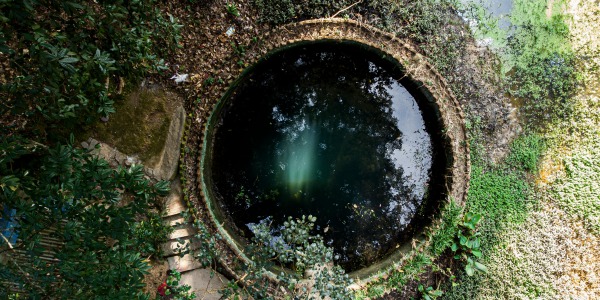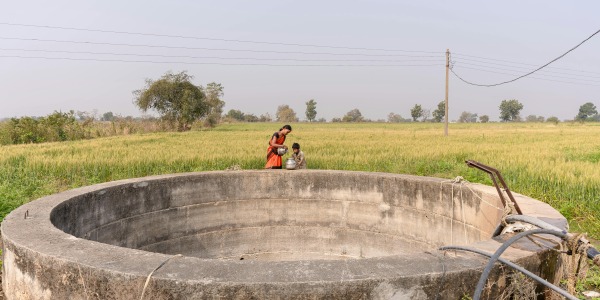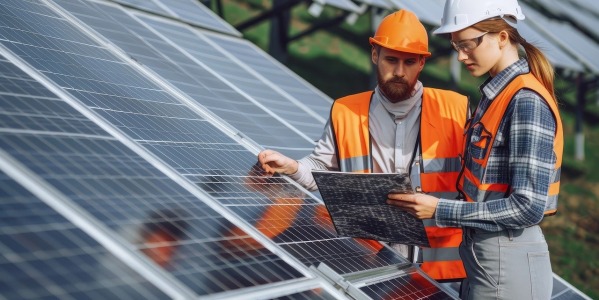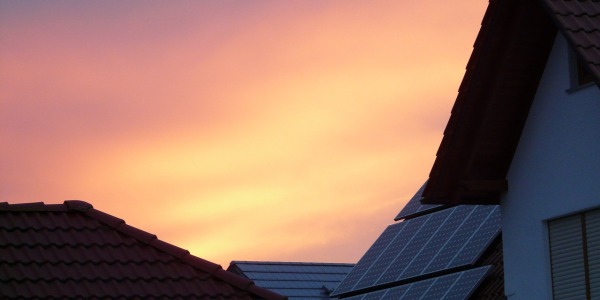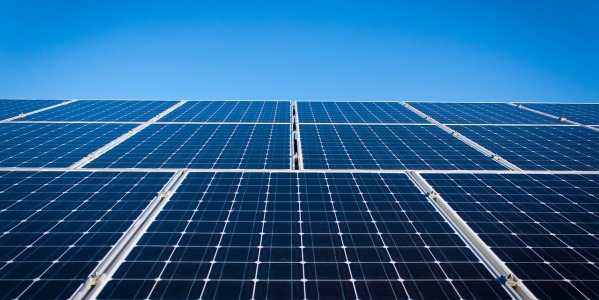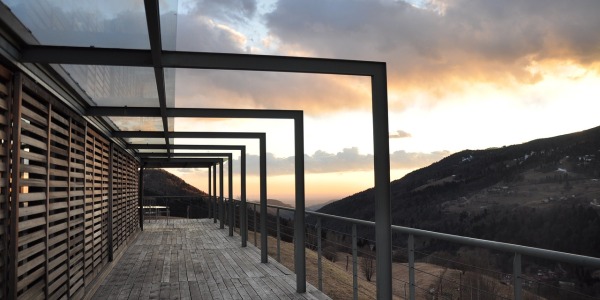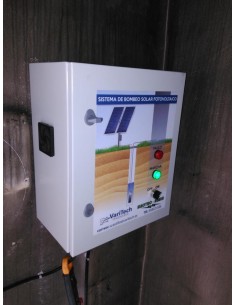Do you need a planning permit to install a solar pump?
On more than one occasion we have talked about the great possibilities that renewable energies can offer us. With solar energy at the forefront, they are clean and renewable sources that do not pollute the environment.
On more than one occasion we have talked about the great possibilities that renewable energies can offer us. With solar energy at the forefront, they are clean and renewable sources that do not pollute the environment. And, in addition, they allow us to benefit from more advantages such as savings, which can amount to a good handful of euros throughout the year if we set our mind to it.
When talking about solar energy installations, the most normal thing is that photovoltaic panels from the roofs of a house come to mind to power the house electrically. However, as we have said, there are many more options that make this energy a perfect ally. One of them is solar pumping, which will be the one we will focus on in today's post. What does it consist of? Do you need permits? What advantages does it offer? We solve all these doubts.
WHAT IS A SOLAR PUMP?
The first question that should concern us is to explain what a solar pump is. It is a type of solar installation that transforms the sun's radiation into energy to feed a water extraction or impulsion system. In other words, a perfect tool for agriculture, which is usually far from the electricity grid, which offers a clean and simple way to carry out irrigation when necessary.
These types of facilities are made up of one or more solar panels, which are the energy generators. In addition to a pump and a motor that will be in charge of pumping the water required for irrigation. It is also necessary to have a regulator or solar management panel to be able to have everything under control. Installation is quite simple, although it will depend on the specific characteristics of the place where the solar pumping is going to be sized.
A perfect installation for the field and for use in irrigation systems, livestock and agricultural farms, extraction of water from wells... And all this working autonomously, without requiring more energy than that offered by the sun and without polluting the environment. They are all advantages.
IS A WORK PERMIT NECESSARY?
Now comes the turn of the key question: permissions. It is logical that the first thing we think about before undertaking a solar installation, in addition to the budget, is related to the tedious permits. Solar pumps are facilities dedicated to self-consumption, which makes this whole process easier. However, to the question of whether a building permit is necessary, we can only offer one answer: it depends.
In some places in Spain it is necessary to have a building permit to be able to carry out these installations and in others it is not. Which makes everything more complicated. If you want to install a solar pump in Granada, we are willing to help you with everything you may need. In fact, Andalusia is one of the communities that does not request this procedure along with others such as Extremadura, the Balearic Islands or Catalonia, making the process faster and easier.
MAIN ADVANTAGES OF SOLAR PUMPING
If we talk about solar energy in general, it is a type of energy with a large number of advantages. As they say in this Acciona post. However, when it comes to talking about solar pumping, not everyone knows its benefits. We tell you which are the ones we consider to be the main ones:
They allow us to replace conventional electrical energy.
Its installation is very simple, economical and easy to maintain.
It is completely customizable and intelligent if we have an internet connection.
You can also water at night if you have batteries to store energy.
It represents a great saving.
It allows us to achieve greater efficiency in irrigation.

.jpg)
